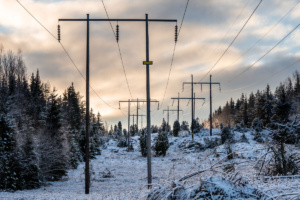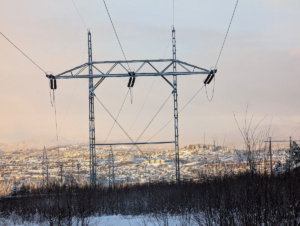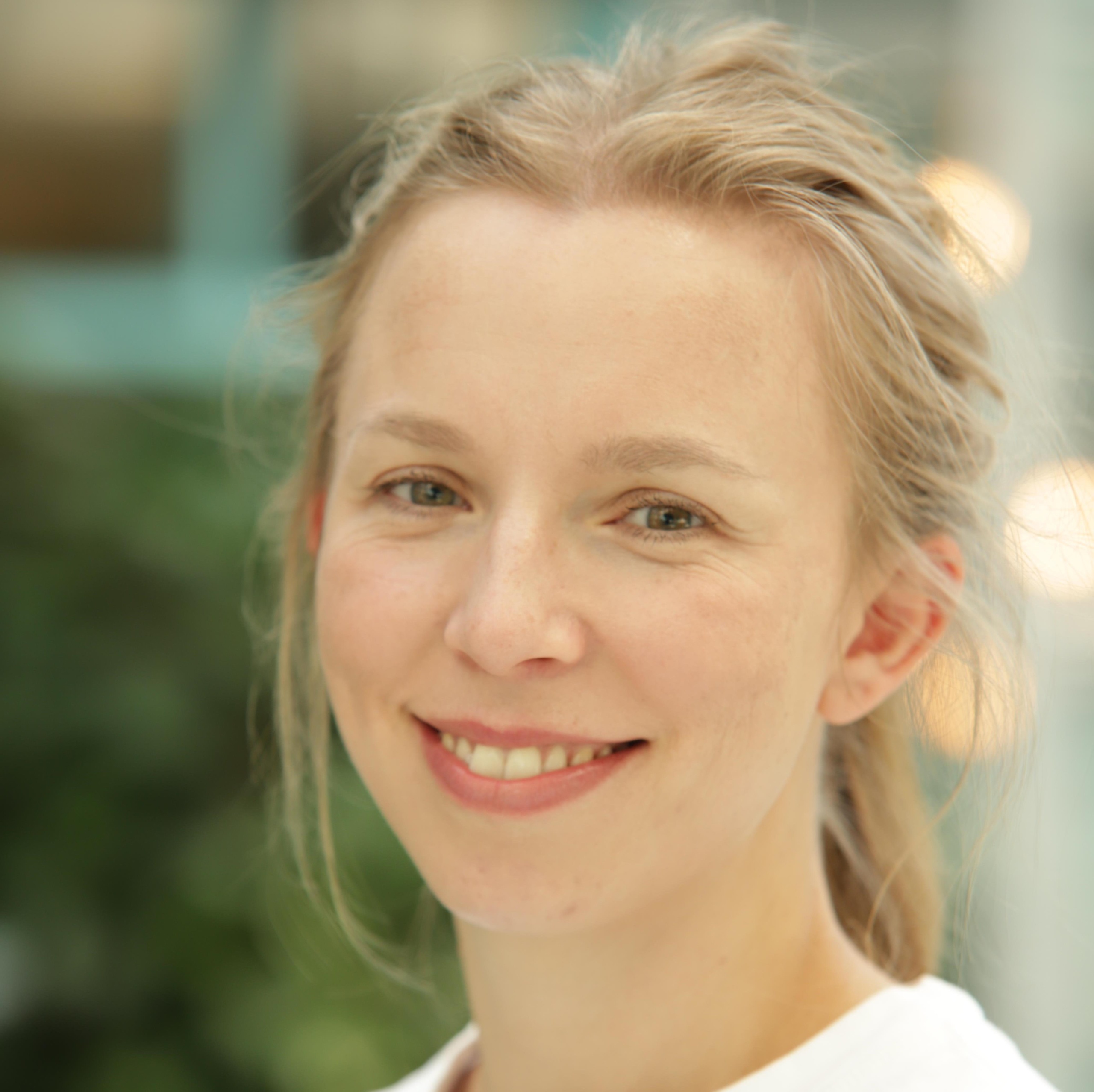In this video, SusFood coordinator Barbara Sturm from the University of Kassel summarizes some of the most important preliminary results.
Super-chilling of organically grown salmon eliminated the demand of ice for transport. This resulted in both, a reduction of energy costs and a better value chain performance in terms of carbon footprinting. This is mainly due to the significantly reduced transport volume and weight without the presence of ice.
The super-chilled cold chain is only a few degrees colder than the refrigeration chain but has a significant impact on the preservation characteristic. The product quality is not different but the shelf-life is extended. This means that we can preserve the high quality of organic salmon over a longer time period, which can be helpful when e.g. reach far distant markets. We see the same trend for super-chilled organic meat products like pork or chicken.
The SusOrganic consortium is also developing innovative non-invasive measurement and control systems and improving drying strategies and systems for fruits, vegetables, herbs, and hops. Particularly the producers of herbs and hops have shown great interest in the participation within the project.
Through auditing campaigns as well as pilot scale drying tests it has been possible to develop optimisation strategies for both types of commodities, which can help reduce microbial spoilage and retain higher levels of volatile product components whilst reducing the energy demands. These results can be applied with modifications to the other commodities under investigation.









Comments
No comments yet. Be the first to comment!